- Armor Blog
- Products
- API SN PLUS Oils: The Latest Oil Standard for Engine Lubricants Explained
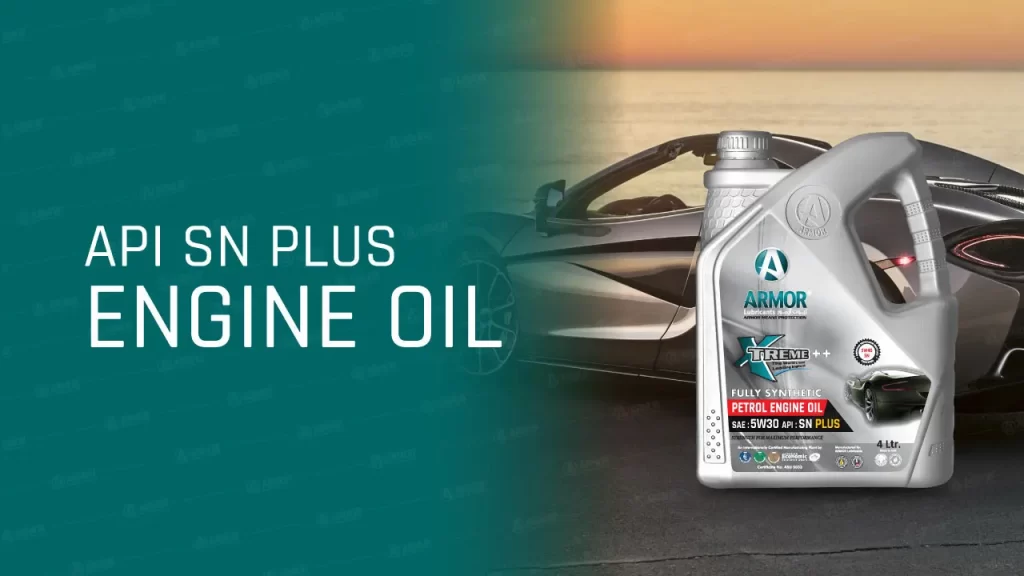
If you’re driving a modern gasoline engine, you might want to contemplate how oil standards affect your vehicle’s performance. API SN PLUS is the latest advancement, tailored particularly for turbocharged direct injection engines, enhancing protection and efficiency. But what exactly sets it apart from the earlier API SN standard? Understanding these differences could greatly impact your engine’s longevity and fuel economy. Let’s explore the benefits and implications of this new standard for your vehicle.
What is API SN PLUS and how does it differ from API SN?
API SN PLUS is an upgraded oil standard particularly created for turbocharged gasoline direct injection engines, offering improved protection against low-speed pre-ignition.
You’ll find it features extra testing requirements and a modified formulation that sets it apart from the previous API SN standard.
Understanding the API SN PLUS Specification
As automotive technology continues to evolve, understanding the API SN PLUS specification becomes increasingly important for vehicle owners, especially those with modern turbocharged gasoline direct injection (TGDI) engines.
This standard focuses on enhancing engine protection against low-speed pre-ignition (LSPI) issues, which aren’t covered by API SN.
Here are key differences and benefits you should know:
- API SN PLUS includes the API Sequence IX test for LSPI control.
- It requires motor oils with higher magnesium content and lower calcium content.
- API SN PLUS is fully compatible with API SN.
- It’s designed particularly for turbocharged gasoline engines.
- The specification was released on May 1, 2018, to meet higher performance demands.
Understanding these points helps you choose the right motor oils for peak engine performance.
Key Improvements Over API SN
Although both the API SN and API SN PLUS standards serve to protect your engine, the latter introduces significant improvements particularly aimed at tackling low-speed pre-ignition (LSPI) in turbocharged gasoline direct injection (TGDI) engines.
The API SN PLUS standard incorporates additional testing through the API Sequence IX test, which particularly addresses LSPI, a concern not fully addressed in the API SN standard.
Formulations meeting the API SN PLUS specifications utilize higher magnesium content and lower calcium levels in their detergent additives, enhancing oil robustness against LSPI incidents.
Furthermore, API SN PLUS is fully backwards compatible with API SN, ensuring that you can safely use oils compliant with the new standard in vehicles that require API SN without worry.
Why Choose API SN PLUS for Your Engine?
When considering engine oil, API SN PLUS stands out as a robust choice for modern vehicles, particularly those equipped with turbocharged gasoline direct injection (TGDI) engines.
Here’s why you should choose API SN PLUS for your engine:
- Provides improved protection against low-speed pre-ignition (LSPI)
- Addresses specific combustion challenges in TGDI engines
- Utilizes modified formulations with higher magnesium content for better performance
- Fully backward compatible with API SN, ensuring seamless integration
- Certified by notable brands like Pennzoil and TotalEnergies for reliability
How does API SN PLUS benefit modern gasoline engines?
API SN PLUS offers significant benefits for modern gasoline engines, especially those equipped with turbocharged gasoline direct injection (TGDI) systems.
You’ll notice improved wear protection, improved fuel efficiency, and a drastic reduction in low-speed pre-ignition (LSPI) incidents.
These features contribute to better overall engine performance and longevity, making API SN PLUS Oils a smart choice for your vehicle.
Enhanced Wear Protection for Turbocharged Gasoline Engines
As modern gasoline engines evolve, especially turbocharged gasoline direct injection (TGDI) models, they face unique challenges that demand advanced solutions. API SN PLUS addresses these concerns through improved wear protection, greatly benefiting your engine.
Here’s how it enhances turbocharged gasoline engines:
- Combat Low-Speed Pre-Ignition (LSPI) to prevent severe damage
- Higher magnesium levels reduce LSPI risk as well as improving engine performance
- Refined lubricant requirements tailored for high pressures and temperatures
- Prolongs engine life by mitigating wear and tear
- Guarantees compliance with modern lubrication standards for reliability
With API SN PLUS, you can trust in the added protection and longevity of your turbocharged engine. This assures it runs at peak performance even under demanding conditions.
Fuel Efficiency Improvements with API SN PLUS
Fuel efficiency is a crucial concern for drivers looking to maximize performance along with minimizing costs.
API SN PLUS motor oils are specially formulated to improve fuel efficiency in modern gasoline engines, especially turbocharged gasoline direct injection (TGDI) engines. By enhancing lubrication properties, these oils reduce friction, leading to better engine performance and significant impacts on fuel economy.
The rigorous testing for LSPI guarantees stable combustion, optimizing combustion efficiency and overall energy use. As automakers aim for improved fuel economy and emissions compliance, adopting API SN PLUS oils helps meet these goals.
You can drive with confidence, knowing that your engine operates effectively during contributing to a greener environment and lower fuel costs.
Impact on Low-Speed Pre-Ignition (LSPI)
Though many modern gasoline engines deliver impressive performance, they furthermore face challenges like Low-Speed Pre-Ignition (LSPI), which can lead to severe engine damage.
API SN PLUS directly addresses these issues, especially in turbocharged gasoline direct injection engines. By incorporating advanced formulations, it greatly improves engine protection and reduces LSPI incidents.
- Prevents premature combustion events
- Guarantees higher magnesium content in motor oils
- Lowers occurrence of catastrophic engine failures
- Improves overall engine efficiency
- Meets rigorous testing standards for high-load conditions
With over 25% of new U.S. cars affected by LSPI, switching to API SN PLUS is a proactive way to maintain engine reliability and performance, making it a crucial choice for modern gasoline engines.
What are the viscosity grades available for API SN PLUS oils?
When it comes to API SN PLUS oils, you’ll find several viscosity grades like SAE 0W-20, 5W-20, 5W-30, and 10W-30.
Choosing the right viscosity for your vehicle is essential since it directly impacts engine performance and protection against wear.
Let’s explore how these grades can meet the needs of various engines, especially turbocharged gasoline direct injection types.
Common Viscosity Ratings: 5W-30 and More
API SN PLUS oils come in several common viscosity grades, including SAE 0W-20, 5W-20, 5W-30, and 10W-30, each tailored to meet specific engine needs.
The 5W-30 viscosity grade is particularly popular for modern vehicles, offering excellent engine protection along with adaptability to varying temperatures.
Here’s a quick breakdown of these viscosity grades:
- SAE 0W-20: Ideal for new engines and fuel-efficient models.
- SAE 5W-20: Balances fuel economy and engine protection.
- SAE 5W-30: Provides peak protection, especially for turbocharged engines.
- SAE 10W-30: Suitable for warm climates and high-performance needs.
- Synthetic motor oil: Improves overall performance and longevity.
Choose the viscosity grade that best meets your engine’s requirements for maximum efficiency and protection.
Choosing the Right Oil Viscosity for Your Vehicle
How do you choose the right oil viscosity for your vehicle? Start by looking at the recommended viscosity grades found in your owner’s manual.
API SN PLUS oils come in several SAE grades, including 0W-20, 5W-20, 5W-30, and 10W-30, each tailored to specific engine requirements. The “0W” indicates excellent low-temperature performance, whereas higher numbers provide better high-temperature stability.
Picking the correct oil viscosity is vital for optimizing engine performance and ensuring compatibility with your engine’s design. Thicker oils, during high temperatures, can reduce fuel economy. This is particularly important in turbocharged engines, where preventing low-speed pre-ignition (LSPI) is critical.
Regular oil changes using the right viscosity improve your vehicle’s longevity.
How Viscosity Affects Engine Performance
Selecting the right oil viscosity can considerably impact your engine’s performance. Understanding the available viscosity grades for API SN PLUS oils helps guarantee peak engine protection and fuel economy, especially for turbocharged direct injection systems.
Here are the grades you can choose from:
- SAE 0W-20
- SAE 5W-20
- SAE 5W-30
- SAE 10W-30
These grades influence engine start-up efficiency in cold weather and maintain oil performance at high temperatures.
The first number indicates viscosity during low temperatures, promoting easier start-ups, whereas the second number represents how the oil behaves during peak operation, essential for preventing LSPI incidents.
Choosing the right viscosity improves overall engine performance and longevity.
What is the significance of the API Service Categories?
The API Service Categories are essential for understanding how well an oil will protect your engine. By checking the API certification mark on containers, you can quickly determine if the oil meets the necessary standards for your vehicle.
Knowing the differences between categories like API SP and SN PLUS helps you make informed choices for peak engine performance.
Understanding API Service Symbols: Donut and Starburst
While choosing the right engine oil can feel intimidating, understanding the API Service Symbols—commonly referred to as the Donut and Starburst—makes it much easier.
These symbols provide essential information about engine oil performance and its adherence to API standards. When selecting oil, look for:
- The Donut, which categorizes the oil’s service level (e.g., API SN PLUS) and whether it’s resource-conserving.
- The Starburst certification mark, confirming compliance with the latest performance requirements.
- Assurance that both symbols indicate independent testing and certification.
- Indication of engine protection standards met by the oil.
- Guidance for choosing the right lubricant for high-performance or specialized engines.
With the Donut and Starburst, you can confidently pick the best oil for your vehicle!
How to Read the API Certification Mark on Oil Containers
Understanding the API Certification Mark on oil containers is crucial for choosing the right lubricant for your engine. The mark, known as the “starburst,” assures you that the oil meets performance standards set by the American Petroleum Institute. Within the API service symbol, or “donut,” you’ll find important information about engine performance capabilities and applications like Low-Speed Pre-Ignition (LSPI) protection for turbocharged gasoline direct injection engines. Oils bearing the API SN PLUS label have passed rigorous testing, ensuring greater protection against LSPI incidents and highlighting their resource-conserving features. To help you, here’s a summary table:
| Mark Type | Description | Related Affiliate Marketing |
|---|---|---|
| Starburst | Assures oil meets API standards | Quality assurance for consumers |
| API Service | Displays service categories like SN PLUS | Indicates performance capabilities |
| Resource-Conserving | Defines eco-friendly oil options | Improves fuel efficiency |
| Synthetic Engine Oil | Boosts engine longevity | Provides superior protection |
| LSPI Protection | Targets issues in TGDI engines | Reduces risk of damage |
API SP vs. SN PLUS: What You Need to Know
When you’re choosing engine oil, it’s vital to know the differences between API SP and API SN PLUS, as they reflect significant advancements in lubrication technology.
Here’s what you should understand about these engine oil standards:
- API SP: Newer, addresses wear protection, fuel economy, and emissions control.
- API SN PLUS: Specifically tackles LSPI issues in turbocharged gasoline direct injection engines.
- Backward Compatible: Both standards can be used in older vehicles meeting API SN criteria.
- Advanced Technologies: API SP incorporates developments that improve performance and longevity.
- Testing Requirements: API SN PLUS includes specialized tests for LSPI mitigation, making it critical for high-performance engines.
Choosing the right oil standard means better engine protection and overall vehicle performance.
How does ILSAC GF-6 relate to API SN PLUS?
When you think about ILSAC GF-6, it’s important to see how it complements API SN PLUS.
Both standards focus on enhancing engine protection during being compatible with each other, ensuring your engine runs smoothly.
Understanding the role of base oils and the advancements in lubrication technology can help you make informed choices for your vehicle.
Overview of ILSAC Standards for Engine Oils
The ILSAC GF-6 standards represent a significant advancement in engine oil technology, closely aligned with the goals of API SN PLUS. These standards focus on boosting engine protection and performance, particularly for Turbocharged Gasoline Direct Injection (TGDI) systems.
Here are key features of ILSAC GF-6:
- Focus on low-speed pre-ignition (LSPI) prevention
- Categories GF-6A and GF-6B aimed at improving fuel economy
- Incorporation of additional stringent performance tests
- Enhanced engine cleanliness and reduced wear
- Development in response to the evolving needs of modern engines
Both API SN PLUS and ILSAC GF-6 emphasize improved engine oils, ensuring your engine runs efficiently and lasts longer. Choosing the right standard elevates overall performance and protection for your vehicle.
Compatibility of API SN PLUS with ILSAC GF-6
API SN PLUS and ILSAC GF-6 share a common goal of enhancing engine performance and protection, particularly for modern engines facing the challenges of turbocharged gasoline direct injection.
API SN PLUS addresses Low-Speed Pre-Ignition (LSPI) in these engines, whereas ILSAC GF-6 sets even stricter performance requirements to boost fuel economy and safeguard engine components.
Both standards focus on advanced oil formulations that minimize LSPI risks, guaranteeing peak engine lubrication and protection.
Additionally, API SN PLUS is backward compatible with vehicles requiring API SN oils and can be used alongside ILSAC GF-5 standards.
This compatibility guarantees a seamless changeover as consumers look forward to the benefits of ILSAC GF-6 in enhancing overall engine performance and longevity.
The Role of Base Oils in API SN PLUS Formulation
In contemplating the advanced requirements of modern engines, it’s crucial to recognize that the base oils in API SN PLUS formulations play a significant role in enhancing performance and protection. See our related post about base oil groups and their applications.
These oils are particularly designed to combat Low-Speed Pre-Ignition (LSPI) during optimizing engine performance. Here’s how they contribute:
- They meet API SN PLUS specifications, ensuring compatibility with TGDI engines.
- They incorporate advanced base oil technology for superior lubrication under extreme conditions.
- They harmonize with additive packages to reduce LSPI incidents.
- They include stable synthetic oil blends, improving fuel efficiency and reducing emissions.
- They align with ILSAC GF-6 standards, promoting better engine protection and longevity.
When should you consider switching to API SN PLUS motor oil?
If you notice signs that your engine needs an oil change, it’s worth considering an upgrade to API SN PLUS motor oil.
This oil standard offers significant benefits, especially for modern engines, ensuring better protection and performance.
Plus, using API SN PLUS can have long-term positive effects on your engine’s health.
Signs That Your Engine Needs an Oil Change
Noticing signs of engine trouble can be a crucial indicator that it’s time for an oil change.
Keeping an eye on these signs could save your engine from damage and boost fuel efficiency.
Consider switching to API SN PLUS oil for your vehicle if you notice:
- Engine knocking or pinging, which may indicate low-speed pre-ignition (LSPI)
- A sudden drop in engine performance or reduced fuel efficiency
- An illuminated oil pressure warning light suggesting low oil quality
- Unusual engine vibrations or noticeable exhaust smoke
- Your vehicle’s owner’s manual recommends API SN PLUS, especially for turbocharged engines
Acting on these signs can provide improved protection for your engine and help prevent costly repairs down the road.
Benefits of Upgrading to the Latest Oil Standard
Upgrading to API SN PLUS motor oil can greatly benefit your turbocharged engine, especially when aiming to prevent issues like Low-Speed Pre-Ignition (LSPI). This latest oil standard is particularly designed for turbocharged gasoline direct injection (TGDI) engines, addressing modern engine demands. By making the switch, you improve engine performance and longevity as you reduce the risk of damage.
| Feature | API SN Plus | Conventional Oils |
|---|---|---|
| LSPI Mitigation | Yes | No |
| Additional Testing | Thorough for LSPI | Limited |
| Engine Protection | Superior | Standard |
| Compatibility with API SN | Fully compatible | Varies |
Don’t wait until issues arise; consider upgrading to API SN PLUS for reliable engine health and performance.
Long-Term Effects of Using API SN PLUS
When it comes to maintaining the health of your turbocharged gasoline direct injection (TGDI) engine, switching to API SN PLUS motor oil can play an essential role in preventing long-term issues.
Here’s why you should consider making the switch:
- Mitigates risks of low-speed pre-ignition (LSPI), reducing potential engine damage.
- Improves engine life with higher magnesium content to combat LSPI occurrences.
- Recommended for vehicles manufactured after May 1, 2018, aligning with updated specifications.
- Increases fuel efficiency because of its advanced formulation tailored for modern engines.
- Boosts overall engine performance, ensuring stability under high-pressure conditions.
Frequently Asked Questions
Ques: What Is API SN in Engine Oils?
Ans: API SN is a motor oil specification from the American Petroleum Institute that guarantees engine protection and performance for modern gasoline engines. It addresses wear, deposits, oxidation stability, and maintains compatibility with older oil specifications.
Ques: Which Is Better, SL or SN Oil?
Ans: When choosing between SL and SN oil, you’ll find SN oil offers better protection, improved fuel economy, and lower emissions. It’s designed for modern engines, making it the superior choice for performance and longevity.
Ques: What Is the Difference Between API and SAE Oil?
Ans: API oil ratings assess performance characteristics of motor oils, whereas SAE classifications focus on viscosity and temperature handling. Knowing both helps you choose the best oil for your engine’s needs, ensuring ideal performance and protection.
Ques: Which API Is Best for Engine Oil?
Ans: To choose the best API for engine oil, consider your vehicle type and driving conditions. Typically, API SN Plus is ideal for modern turbocharged engines, ensuring improved protection against low-speed pre-ignition and promoting engine longevity.
Conclusion
To summarize, switching to API SN PLUS motor oil can greatly improve your engine’s performance, especially if you own a modern turbocharged gasoline direct injection vehicle. Its advanced formulation offers better protection against low-speed pre-ignition and boosts fuel efficiency, aligning with today’s automotive demands. Don’t overlook the benefits—upgrading to this latest oil standard can help you maintain your engine’s health and longevity, keeping your vehicle running smoothly for years to come.
Looking for premium engine protection? Armor Lubricants offers a range of high-performance engine oils in the UAE, including those meeting the advanced API SN PLUS specification. Our Engine oils are designed for exceptional wear protection, improved fuel economy, and engine longevity. Explore our full range of engine oils and find the perfect match for your vehicle’s needs. Your trusted source for Fully Synthetic Engine Oil API SN PLUS for ultimate engine care.product
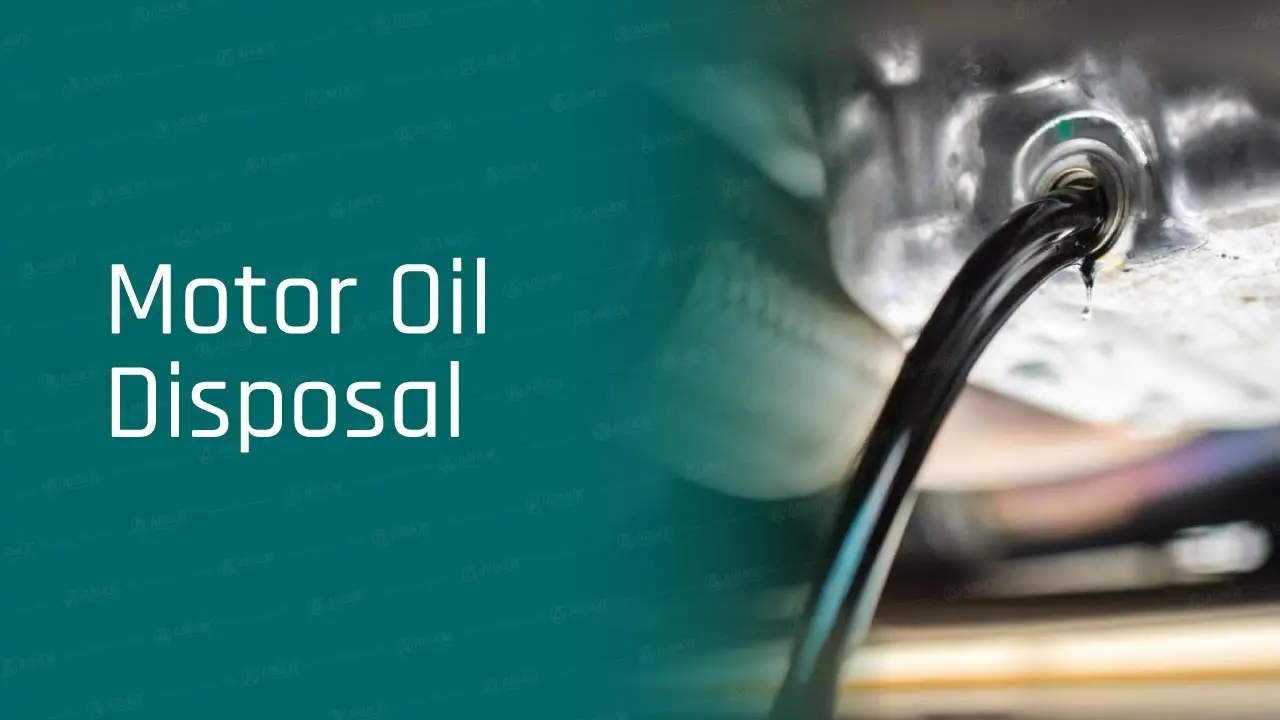
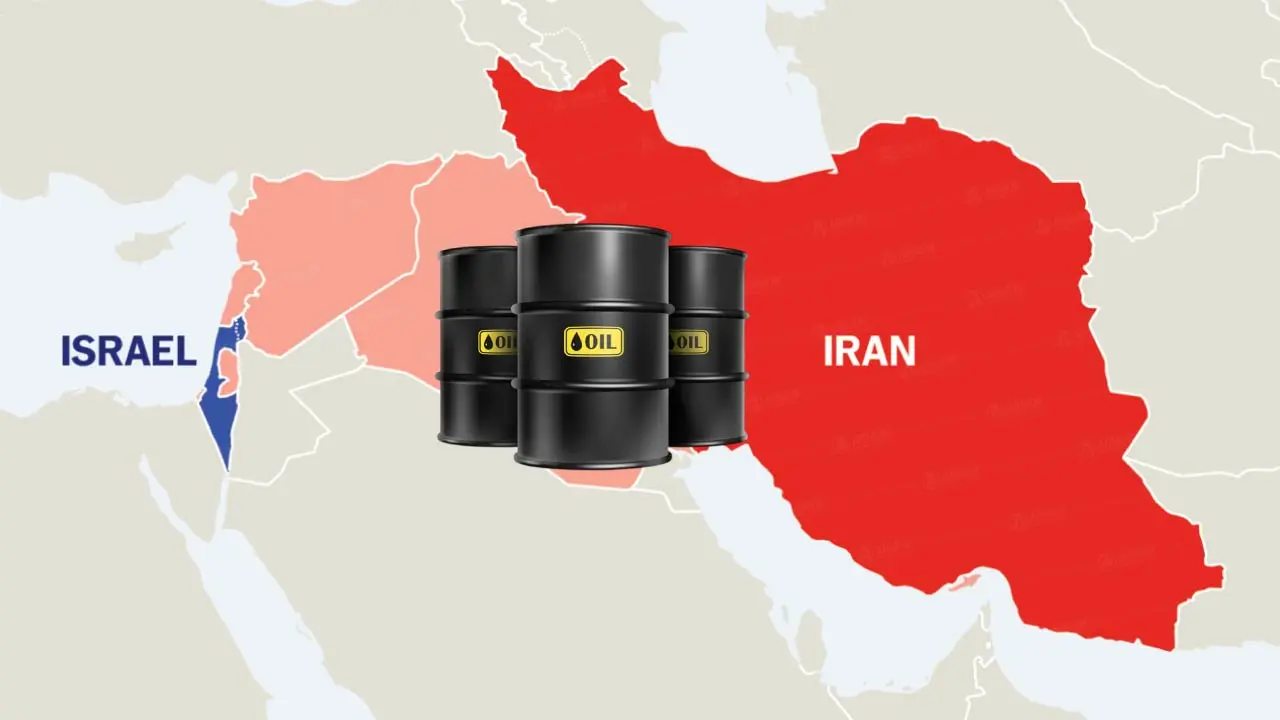
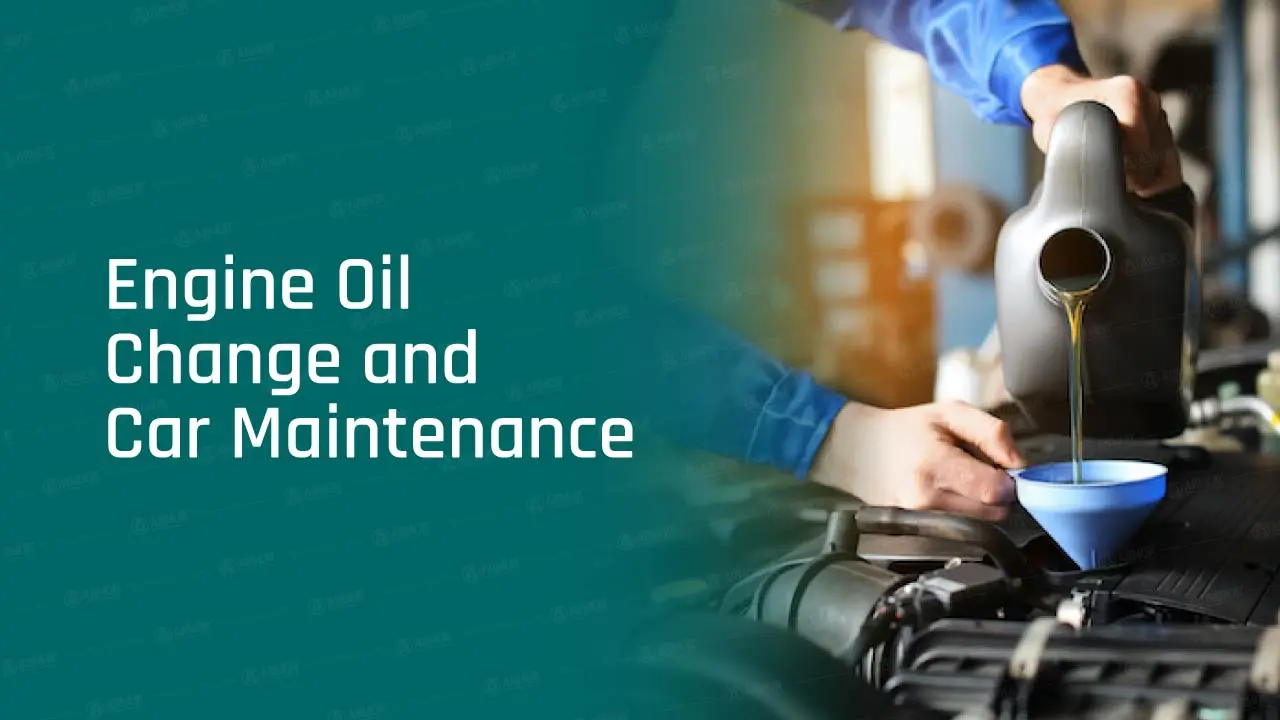
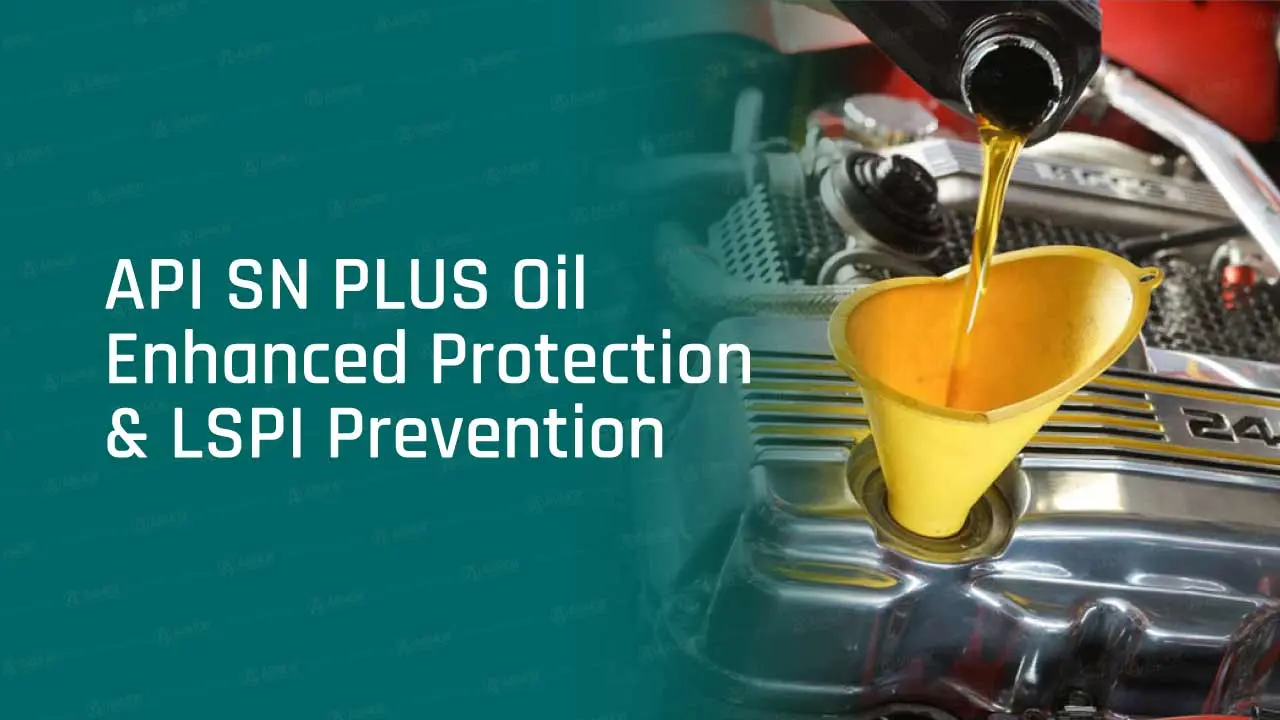
 Spear lubricants
Spear lubricants Armada lubricant
Armada lubricant Ace lubricants
Ace lubricants Perfect lubricants
Perfect lubricants Enzo lubricants
Enzo lubricants Lawrence lubricants
Lawrence lubricants